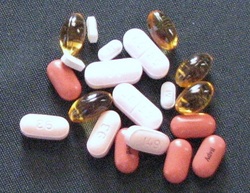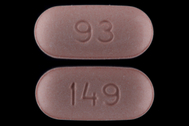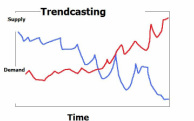
First, it begins with the doctor. If a medication is recommended, I want to know everything about it. What is the expected outcome? What is the dosage? How often and for how long? What are the side effects if any, and are there any contraindications? Are there any foods or vitamins that reduce its effectiveness? Is there a generic form and is it as good as the brand name. Should it be taken at the same time every day and with food or on an empty stomach? What if I miss a dose? Are there any reactions that should cause concern? How long will it take to see the expected result? If you are seeing more than one doctor, make sure that your records are available to all physicians that you see.The doctor should be able to answer these question and if not, then he/she should find the answer. We pay top dollar for healthcare and we should expect good answers and explanations.
Then, it is off to the pharmacy to pick up the medication. Verify with the pharmacist that it is the correct patient name, correct drug, the correct dosage, and ask any questions that are relevant or that you may have missed with the doctor. Again, we pay high prices for medications and should expect accuracy. Pharmacists basically count pills and do not make any compounds anymore. Make sure that they provide the correct medication.
Before you begin taking the drug, read the enclosed documentation at least for the most important information. Verify what the doctor has told you and follow instructions.
If you have an unidentified medication and want to find out what it is, there are drug identifiers available on the web. All medications are coded and can be identified by number. Sometimes the number is all on one side, but frequently it is on both sides. Here is a link to one site but there are others.


 RSS Feed
RSS Feed
